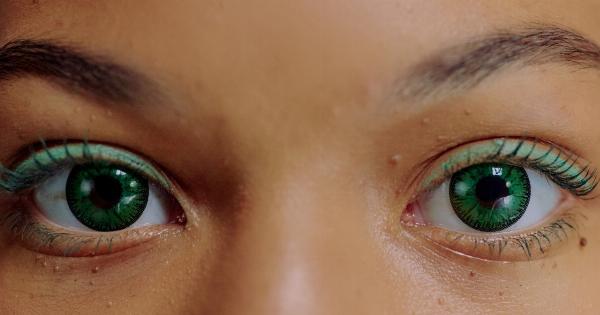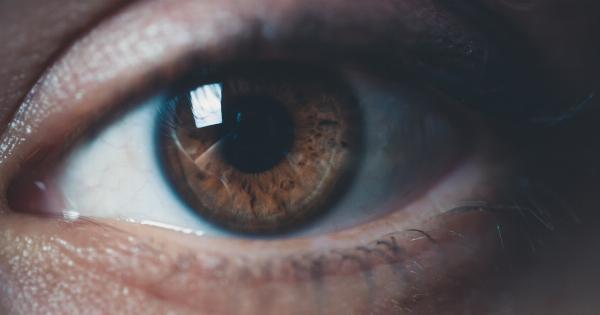Contact lenses, a great alternative to eyeglasses, have been around for quite some time now. Many people, especially those who are into sports, love to wear contact lenses because they provide better vision and do not obstruct their view.
However, while contact lenses have many benefits, they can also be dangerous if not handled properly. In this article, we will explore when contact lenses become dangerous and how to avoid hazardous situations.
Overusing Contact Lenses
Wearing contact lenses for too long can cause serious eye problems. People who wear contact lenses for extended periods have an increased risk of developing infections, corneal ulcers, and even vision loss.
Contact lenses are designed to be worn for a specific amount of time. Therefore, it is vitally important to follow the prescribed wear time to avoid any complications.
Using Old or Damaged Contact Lenses
Contact lenses are fragile, and they need to be handled with care. When contact lenses become old or damaged, they can scratch the surface of the cornea, causing eye infections, corneal abrasions, and even vision loss.
Therefore, it is essential to replace contact lenses regularly, especially if you use them frequently. Damaged contact lenses should never be worn as they can lead to severe eye problems.
Failure to Clean Contact Lenses
Not cleaning contact lenses regularly can cause serious eye infections, such as pink eye and corneal ulcers. Failure to clean contact lenses can lead to a buildup of bacteria, debris, and other contaminants on the surface of the lenses.
Therefore, it is important to clean contact lenses daily with the prescribed solution and follow recommended cleaning procedures to reduce the risk of eye infections.
Exposing Contact Lenses to Water
Water, whether it be in a swimming pool, hot tub, or shower, can carry dangerous bacteria that can stick to the surface of contact lenses. This exposure can lead to serious eye infections and even vision loss.
Therefore, it is advisable to never wear contact lenses while swimming, showering, or participating in other water activities.
Sharing Contact Lenses
Sharing contact lenses can be highly unsanitary and can lead to serious eye infections. It is recommended that people should never share their contact lenses, no matter how close they are to each other.
Contact lenses are designed to fit the specific curvature of each person’s eye, and sharing lenses can cause damage to the eye’s surface, leading to eye infections.
Wearing Contact Lenses During Eye Irritation
Wearing contact lenses during eye irritation can worsen the situation, leading to prolonged inflammation, pain, and even vision loss.
When the eyes are irritated, the blood vessels in the eye expand, making the eye more susceptible to damage from contact lenses. Therefore, it is essential to remove contact lenses when there is any sign of eye irritation, such as redness or itching.
Overlooking Doctor’s Advice
When it comes to contact lenses, it is wise to listen to your doctor’s advice. Your doctor will give you a specific wear time based on your eye health and history.
It is important to follow these guidelines closely to avoid any complications that could arise from contact lens wear. Your doctor may also prescribe specific contact lens solutions that are tailored to your specific eye needs, and it is critical to follow these instructions carefully.
Conclusion
Contact lenses are a fantastic alternative to eyeglasses, but they also come with a set of risks. It is essential to handle contact lenses with care and follow sound advice from a medical professional.
By following the recommended guidelines for contact lens wear and care, you can prevent most of the complications that contact lenses bring.





























